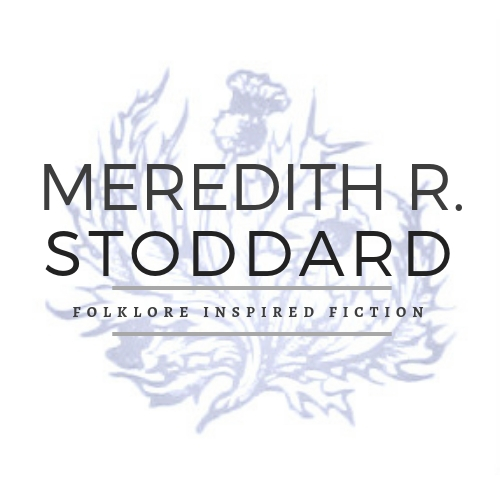Shh...Do you hear that?
/It's the sound of all of those 'poutlanders' left speechless by this week's Outlander episode, The Garrison Commander. I'm talking about those folks who watch with books in hand decrying every difference between the book and the show. I'm not sure whether it was the watch through your fingers goriness of the flogging scene or the outstanding performances of all involved, or maybe those picking apart every previous episode have just given up, but there seems to be a distinct lack of complaints this week about things that are different from the book.
And there was A LOT that was different from the book this week, but at its core there was a lot that was the same. One key difference actually started last week in the form of the dashing Lt. Foster, which I also don't think I heard much griping about. Foster and his gallant offer to help Claire provides the impetus for taking her to the inn where she encounters Jack Randall. Now, in the books Dougal doesn't need any reason other than to see if she is a spy. This works in the book because it's a lot easier to convey the subtleties of the relationship between the Scottish nobles and their English occupiers in print. Unfortunately, that doesn't make for great TV drama. It would have been difficult for viewers not versed in Scottish history to understand the sort of tense cooperation that characterized that relationship.
Instead, we get handsome, heroic Lt. Foster saving the "English rose" from her savage hosts and taking her to what is possibly the most tension filled dinner since Walt and Hank took Skyler and Marie to Gardunia's Taqueria. (One of my favorite TV moment ever!)
Here is where we get to see that "respectful" occupation played out in all it's subtext laden glory. When Lord Thomas acknowledges Dougal's nobility, but makes his disdain obvious as well, he's summing up the Scottish/English relationship in a nutshell. In fact despite all of his fawning over Claire, he gets so carried away with his genteel bullying that he completely forgets there's a lady in the room until Dougal reminds him. He even struts about claiming to like being a "man in the field". Seeing Lord Thomas's behavior deteriorate so quickly makes the idea of the Kurtz-like descent into madness that Jack claims later almost seem believable. This entire scene is invented for the show and it works incredibly well with the likes of Graham McTavish and John Heffernan in the Walt & Hank roles here.
Once Dougal leaves, things relax and Claire can charm the officers until Jack arrives and we get THAT scene. Readers will know that in the books we piece together the details of the flogging from Dougal and Jamie's memories. While repetition and exploration might have more impact in the course of an almost 900 page book, television requires a more direct impact to convey the gravity of the events. I love that they chose to give us that direct account through the eyes of Jack Randall. This gives us not just the impression of the acts themselves, but of the crowd's reaction and of his own reaction instead of just Jamie's or Dougal's speculation about it.
I absolutely love this whole conversation and Tobias Menzies and Caitriona Balfe deserve every accolade they get for this scene. There is so much going on here. He's coming out to her as a depraved sadist (No offense intended to actual sadists who gain consent.) She's learning more about Jack's character and developing an even stronger admiration for Jamie's character. She's searching for a way out of that inn, whether to Inverness or anywhere Jack Randall isn't. She's also dealing with the horror of a man with her beloved husband's face and voice describing his gruesome enjoyment of that brutal act. What was a relatively short but impactful scene in the book, became a drawn out character piece full of juicy dramatic goodness.
The flogging parts in Jack's flashback and his voice narrating does a far better job of conveying just how sick Jack is. Tobias Menzies absolutely disappeared in this segment. I believed that he got a sexual thrill out of flogging poor Jamie. And Sam Heughan deserves a lot of credit for that scene as well. For all he spent most of the time facing a pole, his physicality in this scene conveyed the right balance of physical pain and determination of spirit. The dynamic between the two of them in that scene deftly sets up the unfinished business that book readers know is coming. We won't need Claire's narration to tell us that when the time comes. We won't be likely to forget it.
This episode of Outlander arguably departs from the book the most of any episode so far, but it also stays true to the core of the story. Those departures make this story that much more exciting for TV audiences. It also gives book fans a different view, a further exploration of the story that many of us know inside and out. We're not just watching scenes that we've wanted to see on screen for decades, we're exploring that world that we love from new angles. And I for one, feel like the story is richer for it.




